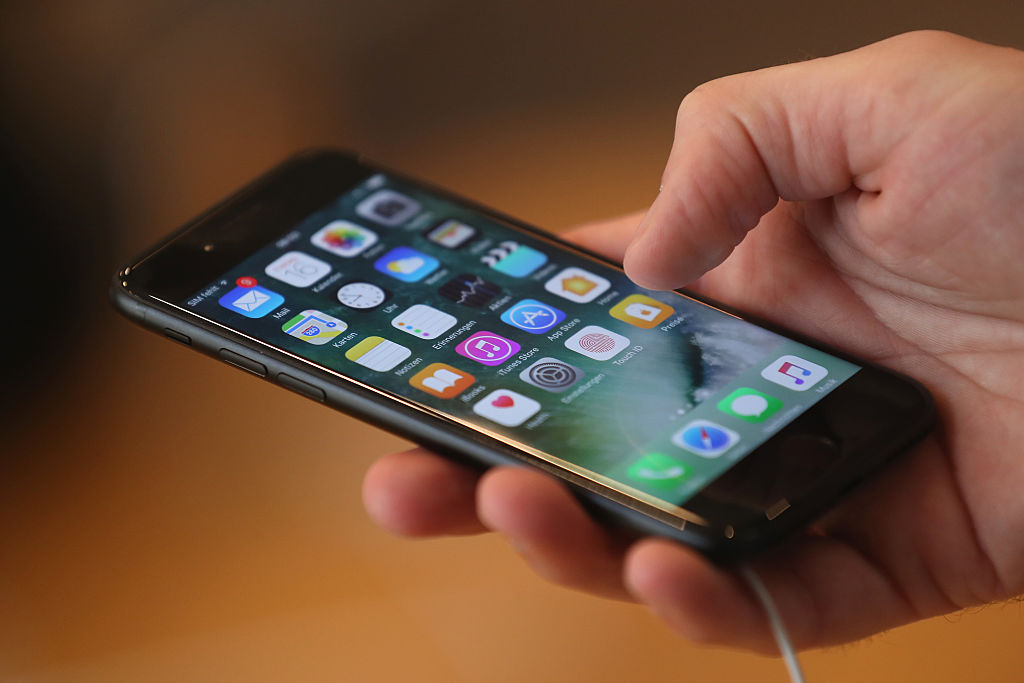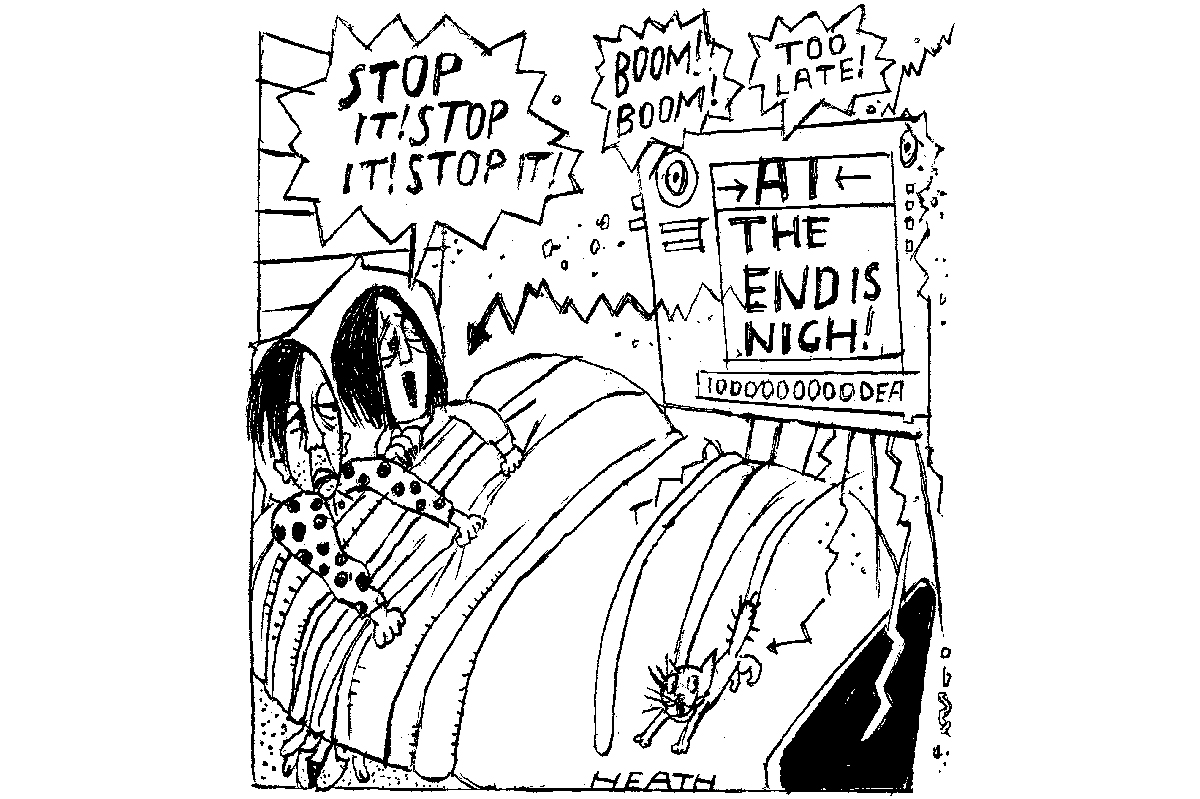London, England
We discuss and denounce the cancel culture of the woke all the time, but there’s another type of cancel culture that we never mention — the cancel culture of our friends. We cancel each other all the time. You arrange to meet someone and suddenly — you’re canceled! It happened again to me last week. I’d arranged to see a good friend when, a few hours before our meeting, up popped a text that read: “Sorry. Have to cancel x.”
She offered no explanation. No signs of regret or guilt. Not even the suggestion that we reschedule our meeting. She wanted to cancel and so, I was canceled.
In some ways this is nothing new. Friends have always had — on rare occasions and usually with some regret — to suddenly cancel because of an unexpected event: the failure of a babysitter to appear, the demands of work, an illness in the family etc. Stuff happens. Plans fall apart. Fair enough.
But today’s cancel culture is different because it’s not based on an unexpected turn of events, but on an unexpected turn of mood: usually, they just don’t feel like going out. The idea of having to get dressed up and schlep across town to meet a friend is just exhausting. How much easier and more expedient to cancel, stay at home and watch something on Netflix.
Like the cancel culture of the woke, the cancel culture of friendship is made possible by technology. Nothing conceals the truth so effortlessly and effectively as sending a text. In the era before smartphones you had to call the person on the phone and deliver your cancellation straight to them or, with a bit of luck, their answering machine.
That meant you had to give a convincing performance to back up your excuse for canceling. Bad cold? Start sneezing. Migraine? Start groaning. Now you just fire off a text and no questions are asked.
There used to be an etiquette and ritual to canceling a friend; it involved profuse apologies and conspicuous displays of guilt that ended in solemn promises to meet next week without fail. Nowadays the canceled are lucky to get a token, “sorry!”
Cancelers come in all shapes and sizes. There are the cancel flakes who forget you were meeting and cancel at the last moment. And then there are the serial cancelers. I was romantically involved with a wonderful woman — until she canceled me four times in a row. She actually canceled me twice in one day. I was left with no other choice but to cancel our romance. But the worst cancelers of all are the people who cancel you because a better social option has turned up — a cool party or some opening.
The other new factor facilitating cancel culture has been the appearance — and reappearance — of Covid. In my experience it has become the number one excuse for canceling. While nationally rates of Covid in the UK have been in decline, Covid rates among my friends have been — if they’re to be believed — on the rise. It’s funny how so many of them have suddenly tested positive on the very day we’re meant to have dinner!
Part of the appeal of the Covid excuse is that it makes it seem you’re engaged in an act of social concern for your friend — “I’d hate for you to catch it” — and not the selfish whim that it truly is.
So what does cancel culture tell us about modern friendship? The problem is that we have people in our life we do love — but we don’t necessarily want to see them for lunch or meet for a drink and have the desultory catch-up conversation. So when it comes to the crunch we cancel.
I talked this over with a friend who is such a serial canceler that I always ask him: would you like to meet next week, or would you prefer to save time and just cancel me now?
He tells me not to take it personally. “People cancel each other all the time these days. We’re all so busy and we’re all so tired. Cut your friends some slack.”
“But if you don’t want to see me,” I ask, “why bother arranging to see me?”
“Well at the time it seems like a good idea — until the time to see you arrives and well, you know how it is.”
He’s right. I do.
But I argue that really good friends shouldn’t cancel each other; just man up and make that meet. My friend says that it’s a mark of a true friendship that you can cancel at any time and for any reason. It’s the freedom that only really good friends can enjoy with each other.
I must confess that when I’m canceled I first react with a feeling of moral indignation — Honestly! Is this any way to treat a friend? Then I go into my prepared speech about how social obligation has been superseded by self-gratification; how we’re a nation of narcissists and so on.
And then I smile because I’m so damn happy that I don’t have to go out tonight. Yes, that’s the sad truth. Those who cancel us are relieved, but what they don’t realize is that we’re relieved too.
This article was originally published in The Spectator’s January 2023 World edition.

























